Gluten-free is a term that has become synonymous with healthy eating.
More health-conscious individuals turning to gluten-free foods and diets in an effort to lose weight, improve their health, or better manage or eliminate a growing number of food-related conditions.
The issue is that through the mainstream promotion of various fad diets, many people have the wrong impression about what gluten-free actually means.
Do you need to go gluten-free and who really stands to benefit most from these foods? We investigate.
Gluten defined
Gluten is a protein found in grains such as wheat, barley and rye. It is a combination of gliadin and glutenin, which is joined with starch in various grains. Gliadin is what allows bread to rise, while glutenin is the major protein in wheat flour, making up 47% of the total protein content.
Gluten-related disorders
The more common gluten-related disorders include gluten intolerance and gluten sensitivity, terms which are often used interchangeably.
Gluten sensitivity is thought to be a mild immunological response to gluten ingestion.
Common symptoms associated with gluten sensitivity include:
- Abdominal cramping
- Bloating
- Diarrhoea
- Flatulence
Celiac disease, on the other hand, is a more severe gluten-related disorder. Symptoms include those associated with gluten sensitivity or intolerance, in addition to:
- Muscular disturbances
- Headaches
- Migraines
- Severe acne
- Fatigue
- Bone or joint pain
This autoimmune disease occurs in genetically predisposed people, where eating gluten leads to damage in the small intestine.
Roughly 1 in 100 people worldwide suffer from celiac disease. When they eat gluten their body initiates an immune response, which ‘attacks’ the small intestine. This damages the villi, the small finger-like projections that line the small intestine and play an important role in nutrient absorption. Accordingly, when the villi are damaged, the gut cannot absorb nutrients properly.
Switching to gluten-free eating
If you plan to follow a gluten-free lifestyle, it’s a good idea to consult a dietitian, as they’ll be able to answer your questions and offer advice on how to avoid gluten, while still eating a healthful and balanced diet.
Changing over to a gluten-free diet can also be difficult at first due to the number of modern foods that contain the substance.
It is not uncommon for adherents to feel deprived and limited when they make the change to a gluten-free diet initially.
However, this is what has spawned the massive gluten-free industry, with manufacturers of these products now offering a wide range of gluten-free alternatives that don’t leave people feeling deprived.
Dis-Chem stocks a range of gluten-free baking ingredients and convenient ready-make products, including biscuits, cereals, oats and pasta.

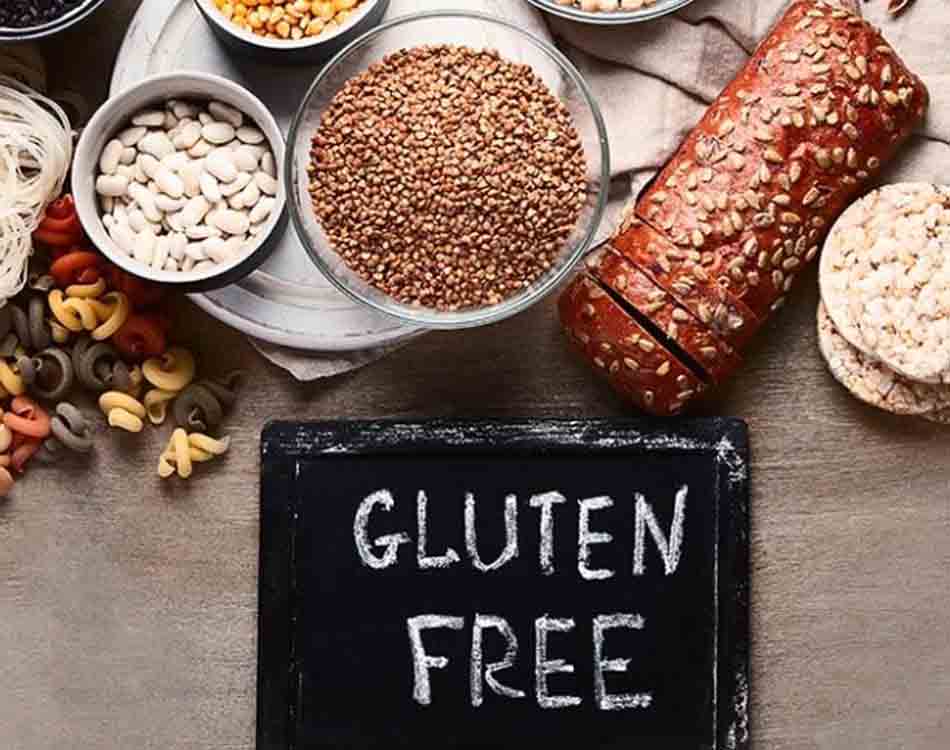
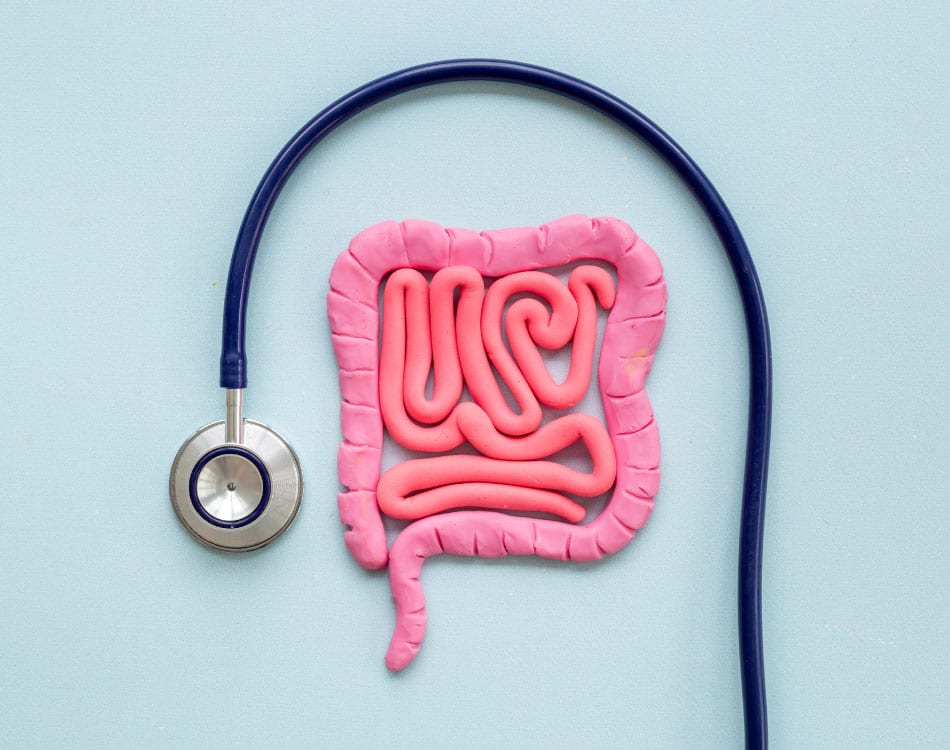

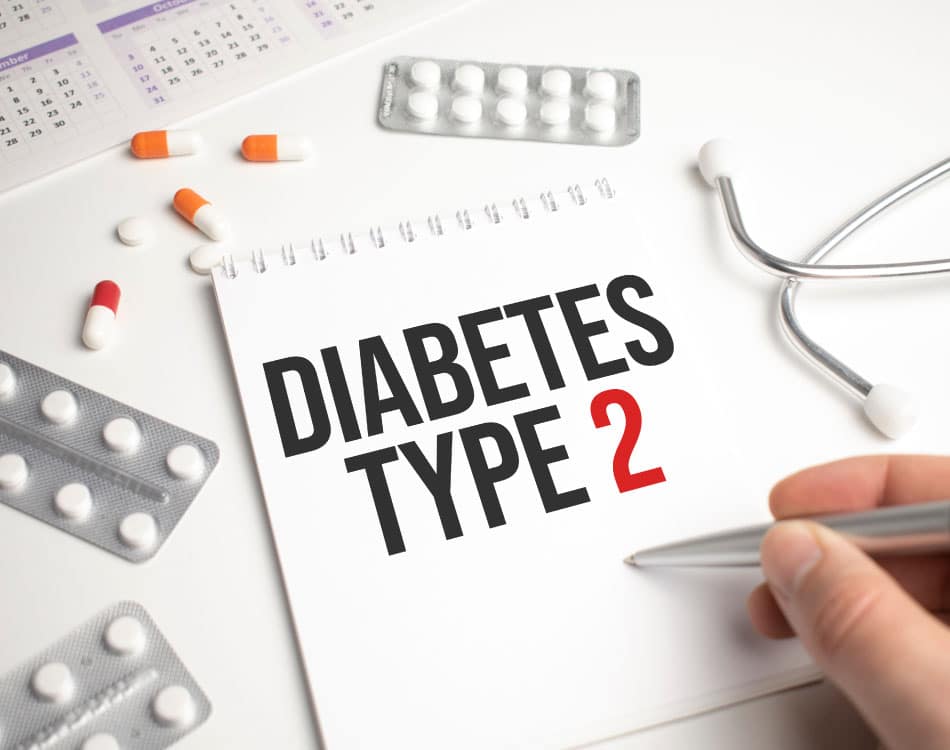
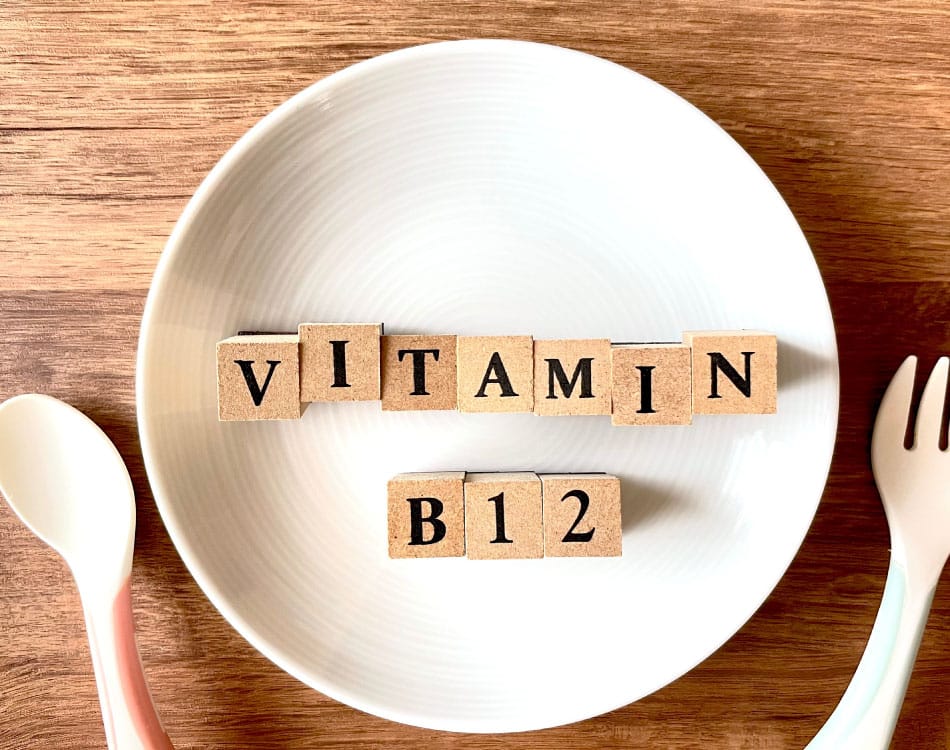


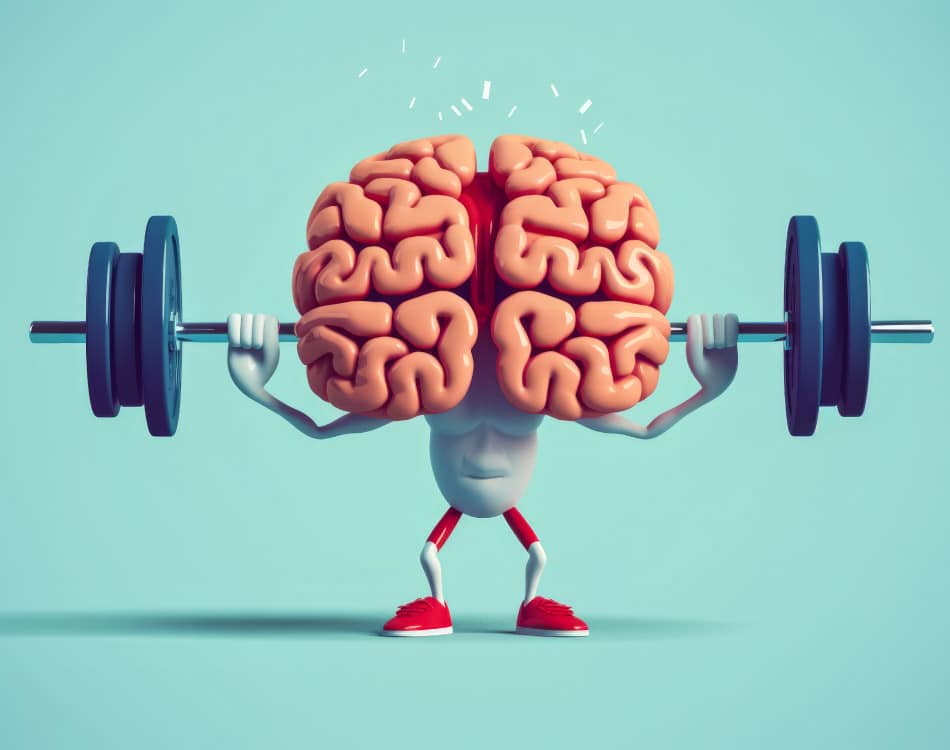

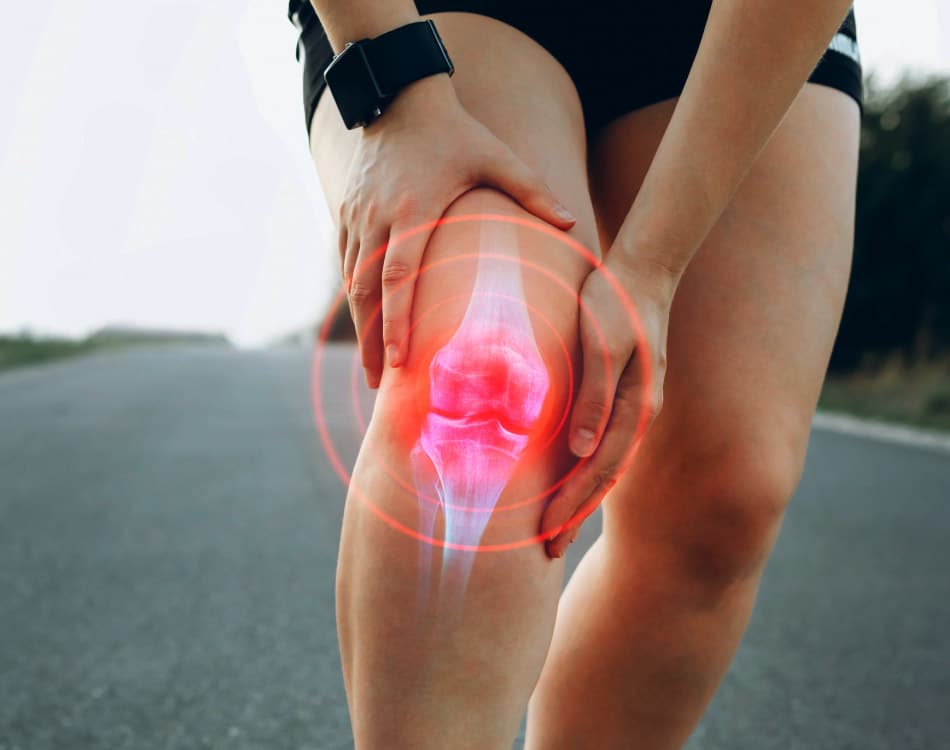






Leave A Comment